In an era where expert opinions dominate discussions on sustainability, it's crucial to question and critically assess these forecasts. New Zealand, with its unique environmental landscape and progressive policies, often finds itself at the forefront of sustainability discussions. However, blindly adhering to expert predictions can have significant repercussions, both locally and globally. The stakes are particularly high for Kiwis as they navigate the challenges of maintaining a delicate balance between economic growth and environmental preservation. This article explores the potential pitfalls of relying solely on expert predictions and offers insights into making informed, independent decisions for a sustainable future.
The Risks of Overreliance on Expert Predictions
Expert predictions can often create a false sense of security, leading to decisions based on perceived authority rather than empirical evidence. In New Zealand, this overreliance is evident in the energy sector, where projections regarding renewable energy adoption have at times overshadowed the practical challenges of implementation. According to Stats NZ, while 84% of New Zealand's electricity is generated from renewable sources, the transition to a fully sustainable energy system is fraught with unforeseen challenges, such as infrastructure costs and community resistance.
Globally, we see similar trends. Consider the 2008 financial crisis, where expert predictions failed to foresee the impending market collapse, leading to catastrophic economic consequences. In New Zealand, the housing market faces a similar risk; predictions of steady growth could overlook factors such as affordability or policy changes, which could lead to unexpected market corrections.
Case Study: The New Zealand Housing Market
Problem: New Zealand's housing market has long been subject to expert predictions of continuous growth. However, this has led to a housing affordability crisis, with prices outpacing wage growth.
Action: The government introduced the KiwiBuild program to increase housing supply, relying on expert forecasts that demand would moderate prices.
Result: Despite these efforts, housing prices continued to rise, with the median house price increasing by 27% from 2020 to 2023 (Reserve Bank of NZ). This underscores the limitations of expert predictions in addressing complex socio-economic issues.
Takeaway: This case highlights the need for comprehensive strategies that consider local contexts and stakeholder input, beyond just expert forecasts.
Balanced Perspectives: Pros and Cons of Expert Predictions
Pros:
- Data-Driven Insights: Expert predictions are often based on extensive research and data analysis, providing valuable insights into future trends.
- Informed Decision-Making: They offer a foundation for strategic planning, especially in areas like climate policy and sustainable business practices.
Cons:
- Overgeneralization: Predictions may not account for regional differences or changing dynamics, leading to misinformed decisions.
- Confirmation Bias: There's a risk of only seeking predictions that align with pre-existing beliefs, ignoring contradictory evidence.
In New Zealand, the debate between adopting a top-down approach driven by expert predictions versus a grassroots, community-focused strategy reflects these pros and cons. While expert guidance can drive initial momentum, local engagement and adaptation are crucial for long-term success.
Debunking Myths: Common Misconceptions About Expert Predictions
Myth 1: Expert Predictions Are Always Accurate
Reality: Even the most data-backed predictions can falter due to unforeseen variables. For example, the COVID-19 pandemic disrupted numerous economic forecasts globally, including New Zealand's tourism sector.
Myth 2: Only Experts Can Make Valid Predictions
Reality: While expertise is valuable, diverse perspectives often lead to more robust predictions. Involving local communities in sustainability initiatives can yield more applicable solutions.
Myth 3: Predictions Guarantee Success
Reality: Success depends on execution and adaptability. The failed predictions about New Zealand's housing market growth demonstrate the need for flexibility and contingency planning.
Future Trends and Predictions in Sustainability
Looking ahead, New Zealand faces both challenges and opportunities in its sustainability journey. By 2028, it's predicted that 90% of New Zealand’s energy will come from renewable sources (MBIE). However, achieving this will require innovative approaches and community involvement to overcome obstacles such as resource allocation and technological integration.
Additionally, the increasing emphasis on circular economy practices presents significant potential for New Zealand businesses. Embracing this model could reduce waste and enhance resource efficiency, positioning New Zealand as a leader in sustainable economic practices.
Final Takeaways
- Avoid Overreliance: Use expert predictions as one of many tools in decision-making processes, not the sole guide.
- Embrace Local Contexts: Incorporate local knowledge and stakeholder engagement for more effective sustainability strategies.
- Foster Flexibility: Remain adaptable to changing circumstances and new information, ensuring resilience in planning.
- Promote Diversity of Thought: Encourage diverse perspectives to enhance the robustness of predictions and strategies.
In conclusion, while expert predictions can provide valuable insights, they should not be followed blindly. By fostering a culture of critical thinking and adaptability, New Zealand can continue to lead in sustainability efforts, balancing expert guidance with local innovation and community involvement.
What’s Next?
Want to stay informed about New Zealand's sustainability journey? Join our newsletter for the latest insights and strategies. Have your say—how do you think New Zealand can balance expert predictions with local realities? Share your thoughts in the comments below!
People Also Ask
- How does overreliance on expert predictions impact New Zealand businesses? NZ businesses that rely too heavily on expert forecasts risk missing out on local insights, potentially leading to misaligned strategies and missed opportunities for innovation.
- What are the biggest misconceptions about expert predictions? A common myth is that predictions are infallible. However, research shows that incorporating diverse perspectives and remaining flexible leads to more effective outcomes.
- Who benefits the most from balanced prediction strategies? Businesses, policymakers, and communities benefit from integrating expert insights with grassroots knowledge, leading to more sustainable and resilient solutions.
Related Search Queries
- Expert predictions in sustainability
- New Zealand housing market trends
- Renewable energy forecasts NZ
- KiwiBuild program analysis
- Sustainable business practices in NZ
- Pros and cons of expert predictions
- Circular economy New Zealand
- Community engagement in sustainability
- Future trends in sustainability NZ
- Local vs. expert-driven strategies












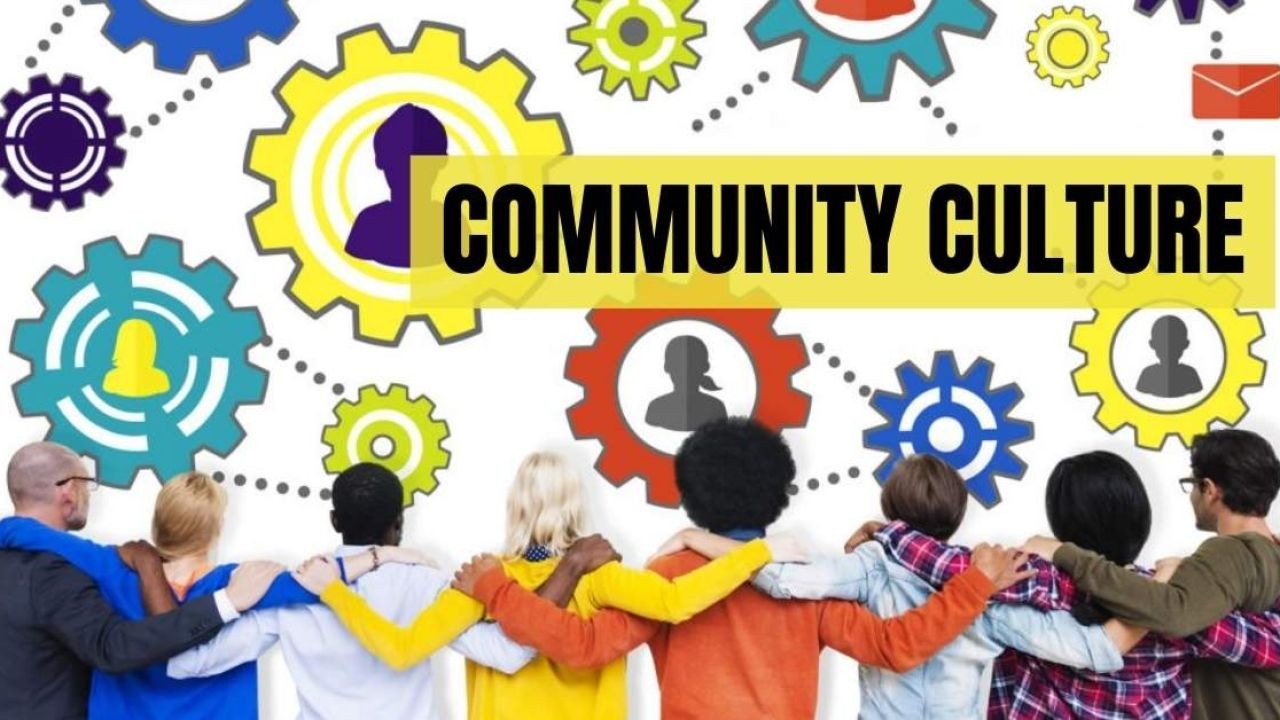












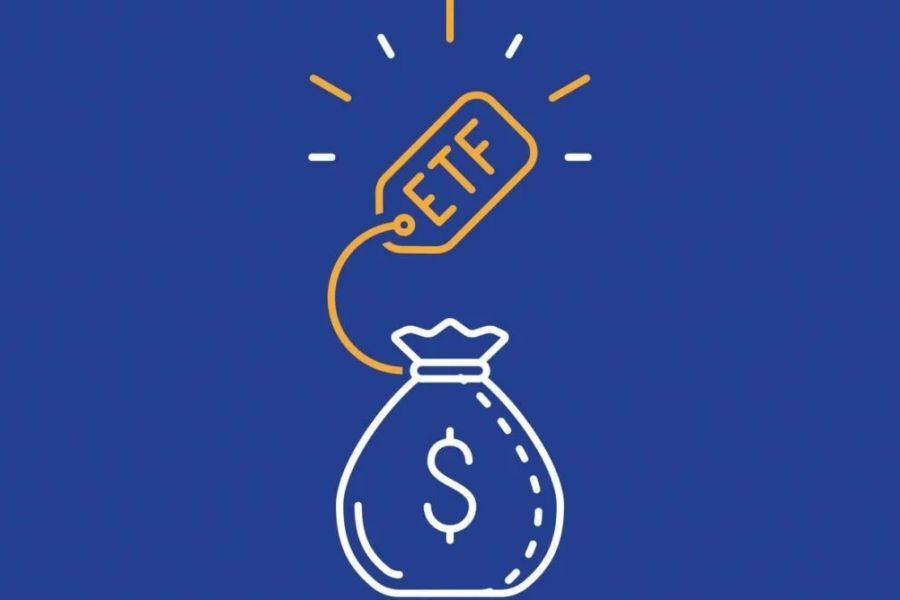





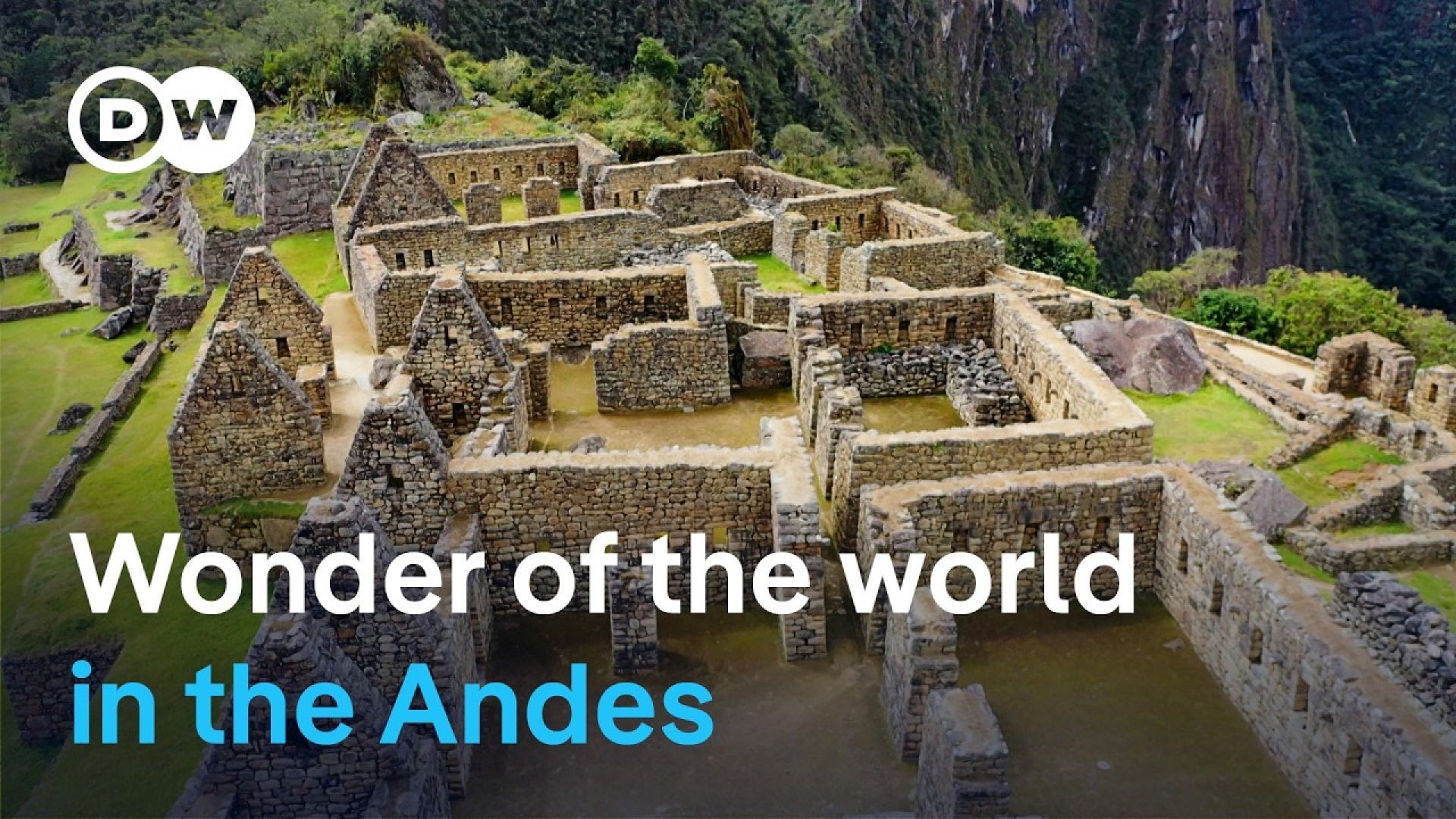
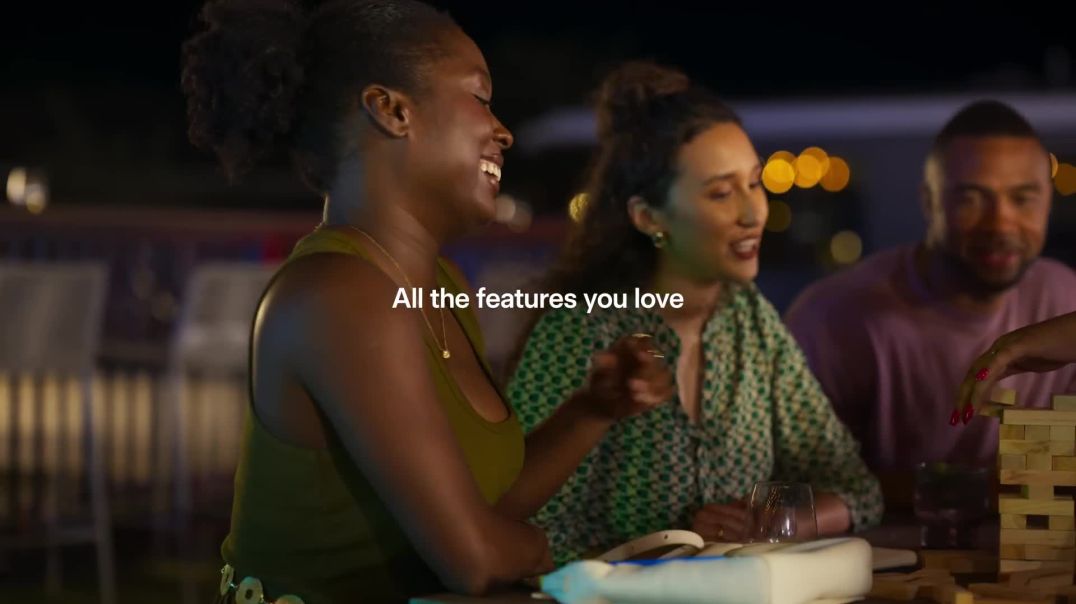
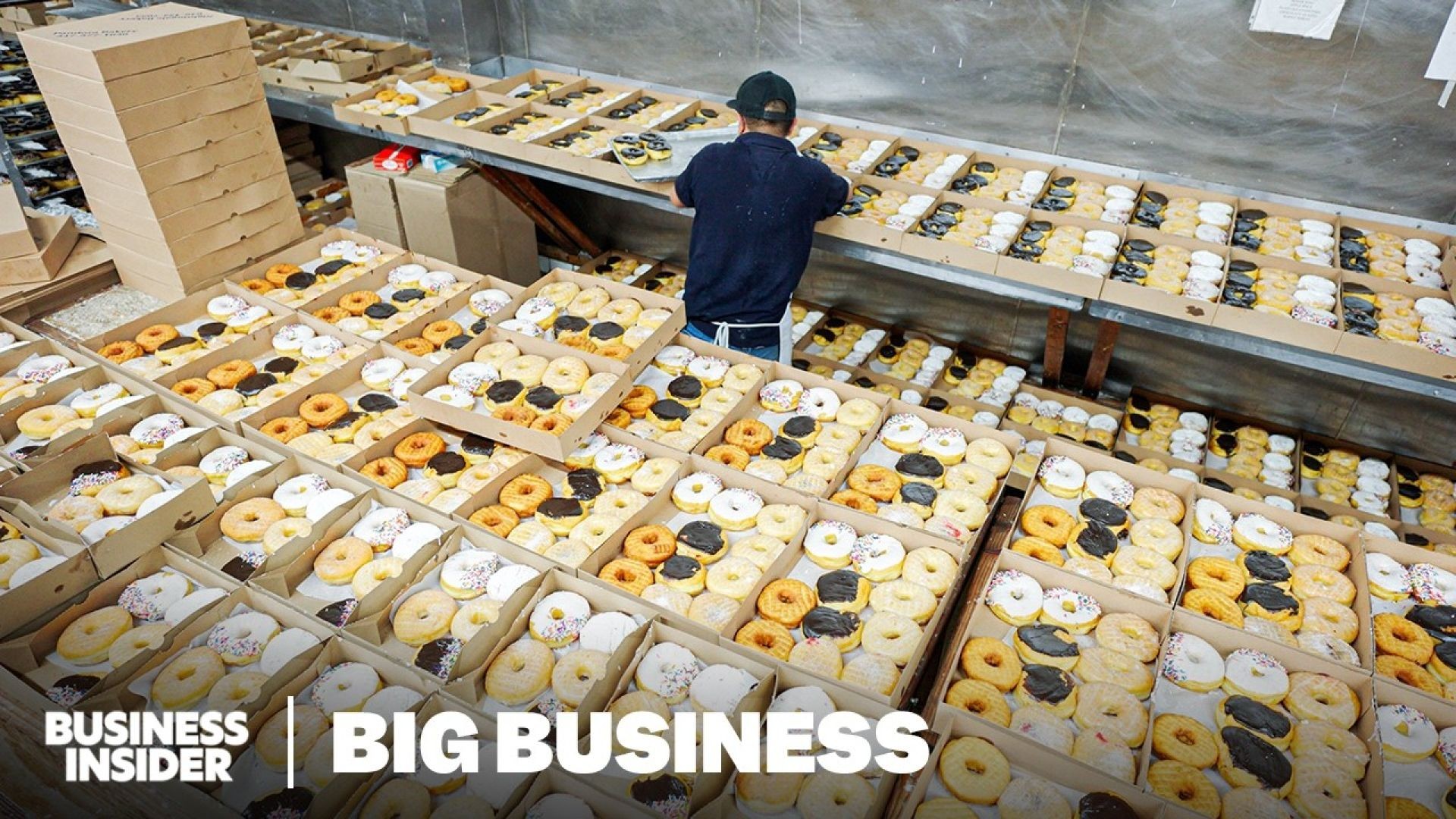

candelariae70
6 months ago